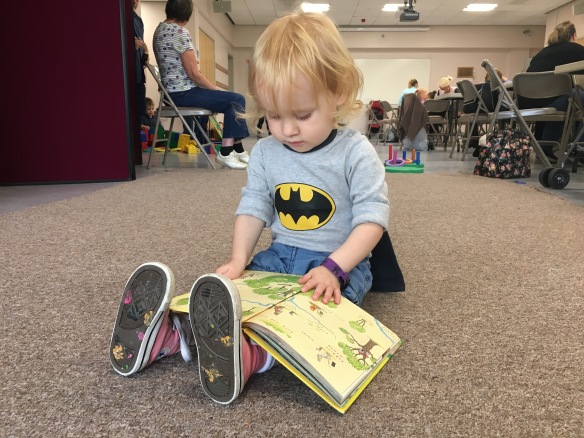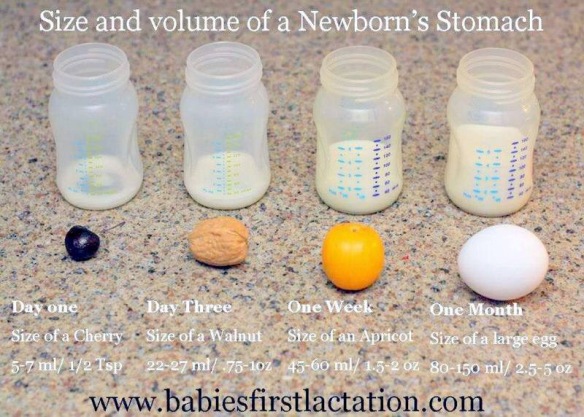
I think it’s fair to say that issues surrounding infant feeding are some which are very close to my heart.
The opportunity to create a group in parliament that can help tackle the issues mother’s face while attempting to breastfeed their babies, has arose.
However, the wonderful people trying to get this group off the ground are struggling, as our MP’s are currently not aware of how important it is as a public health issue and are therefore not supporting the group in parliament.
Therefore, I feel it is our duty to help raise this awareness with them and wrote this letter to my own local MP, asking him to represent me in parliament on this issue.
I hope you will find this inspiration to write to your own MP and let them know just how important this is to you.
Has your family suffered as a result of bad advice from your HCP about infant feeding or because you were unable to access good breastfeeding support?
You can be apart of preventing women from experiencing those same problems, in the future.
It doesn’t have to be as detailed as this letter. Simply providing your MP with the details of the APPG and asking them to represent you, will suffice!
For more information on how to write your letter, please see this link.
Together, we can make things better for all future mothers who want to reach their breastfeeding goals!
✌🏻️
Dear Andy,
I am writing to you today, as a mother, a breastfeeding peer supporter, in-training, and as a person who cares about the general health and well-being of the people in this country, in the hope that you will represent me on this very important issue.
I am writing to ensure that you will be attending the APPG for Infant Feeding and Inequalities, on Tuesday 19th January 2016.
I’m sure that you are already aware of the immense benefits breastfeeding has on our health:
– Lowered risk of gastroenteritis, respiratory infections, Sudden Infant Death Syndrome, Obesity, Type 1 & 2 diabetes and allergies in infants and also cancer in later life, in infants.
– Protection against breast and ovarian cancer, and hip fractures later in life, the longer a mother breastfeeds.
– Recent evidence also suggests a link between prolonged breastfeeding and postmenopausal risk factors for cardiovascular disease (CV) in mothers.
– The World Cancer Research Fund includes breastfeeding as one of 10 recommendations to reduce the risk.
– All of these illnesses, with regard to the mother’s health, represent the greatest threats to women’s health across the ages.
Please see link for an overview of the evidence, including links to the most significant studies: http://www.unicef.org.uk/BabyFriendly/News-and-Research/Research/Breastfeeding-research—An-overview/
Aside from this and on a more personal level, I have to point to the humanity and positive mental health aspects of a family receiving sufficient support to breastfeed.
Breastfeeding is something that I learnt about through studying an Early Years course at college, 13 years ago, where infant physical and mental health featured largely throughout. Ever since, I have always known I wanted to do this for my baby, no questions asked.
However, I soon discovered that it wasn’t as simple as I first thought and not because breastfeeding is difficult but because our local area does not provide sufficient support to any woman who wishes to breastfeed but experiences problems.
My education on the matter has continued and I am now training to become a Breastfeeding Peer Supporter, so that I may volunteer to support women to achieve their breastfeeding goals.
However, while peer supporters do help people to overcome some problems breastfeeding, I feel this doesn’t look closely enough at why women experience problems in the first place, nor does it efficiently prevent those problems from ever occurring.
The South Tees Infant Nutrition Team have been a life-line for myself and many others, however, their services are limited and there is no International Board Certified Lactation Consultant (IBCLC) working on that team. An IBCLC is the only person who is qualified to give out advice to the breastfeeding mother, as doing so unqualified can, and commonly does, contribute to the premature end of her breastfeeding journey. I am speaking generally, as, of course, the staff members who have worked for the team for many years, along with the other fully-trained peer supporters, obviously have a fair knowledge of breastfeeding. But support and advice on breastfeeding are two very different things and currently, there is no one person, fully qualified to give breastfeeding advice in the whole of Middlesbrough. So, you can understand why so many mother’s are finding their breastfeeding journey cut short.
Research suggests a strong association to postnatal depression (PND) and a mother who wanted to breastfeed but couldn’t. Research also suggests a strong link to poor infant mental health and maternal depression.
I hope you can see why this issue is one of importance in Middlesbrough. I would love to see an improvement to not only the health of our children in this area but to the health of mothers in this area, too.
I believe that establishing a group, such as the APPG for Infant feeding and Inequalities can help overcome this problem.
Efforts have been made to establish the APPG for Infant Feeding and Inequalities in the UK parliament, recently. However, I was disappointed to discover that despite the group trying to form in November, there wasn’t enough cross-party representation, in particular, from Conservative and Labour MP’s. Unfortunately, this meant the group were actually prohibited from getting off the ground.
However, another opportunity has been formed for MP’s to help this group establish itself successfully, with another short meeting on Tuesday 19th January at 9.30am in W1 of Westminster Hall.
Will you attend this group on my behalf and ensure this group gets off the ground? Will you add your name to join the group?
As I have highlighted, this is an exciting opportunity to get involved in such important discussions and campaigns, which should be considered around the area of infant feeding, and I would be delighted if you, as my MP, could attend and help raise the issue on my behalf.
I look forward to hearing from you,
Yours Sincerely,
Lucy Marie Cuzzocrea
Connect with me on Facebook to stay updated on my posts!
54.547706
-1.168135










